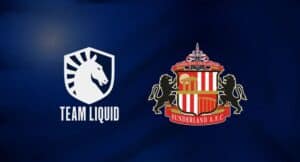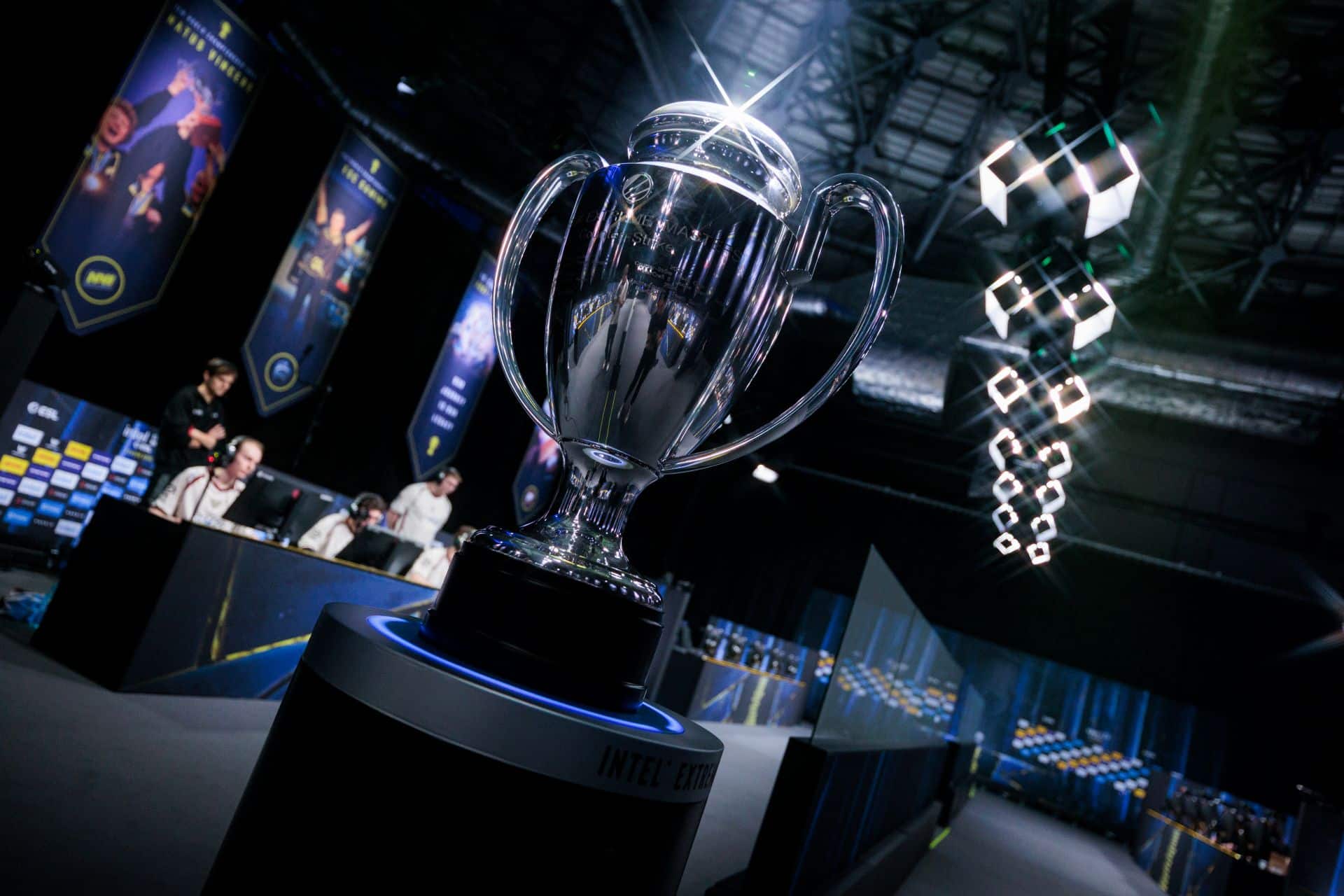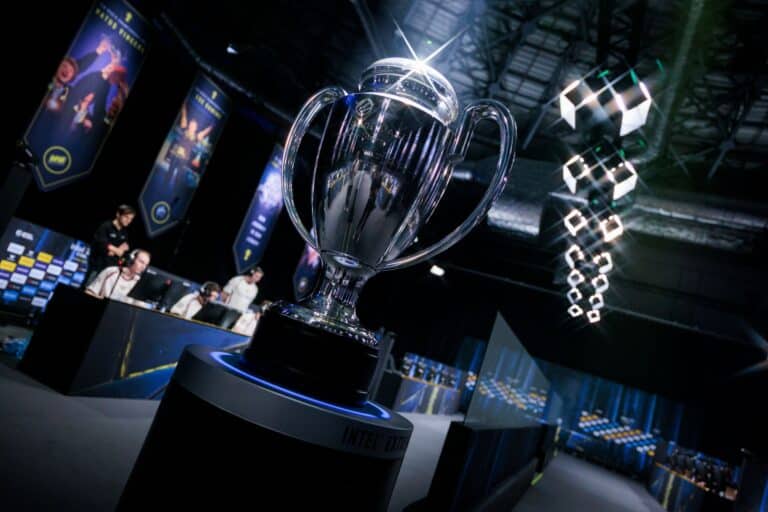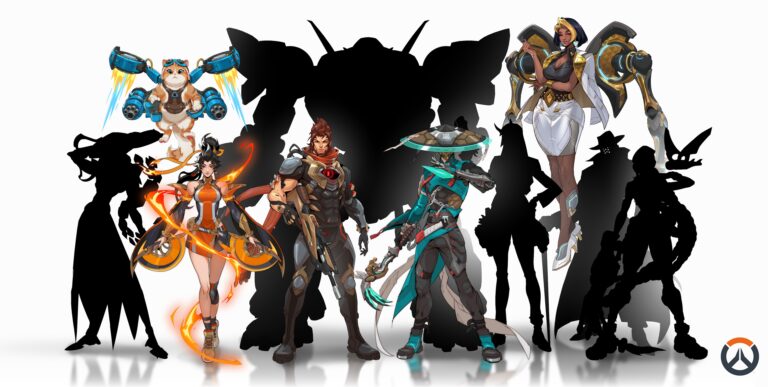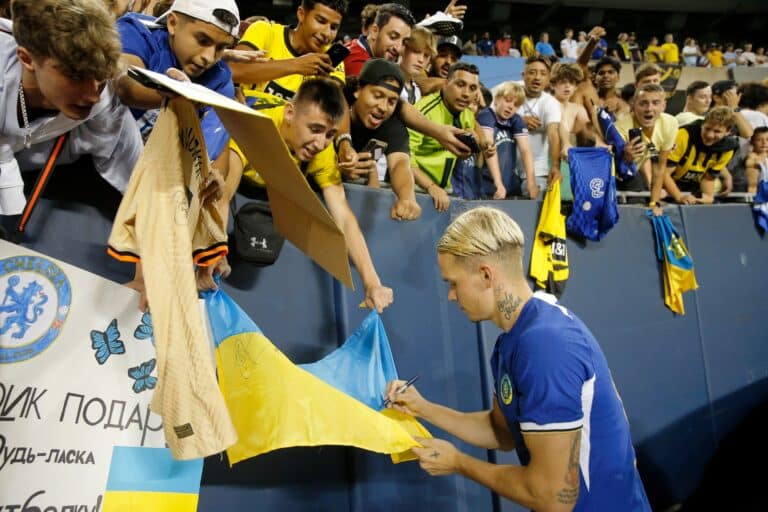The circus, the clowns – and the show that must go on
Dom Sacco, Senior Editor
Last Updated: 20/01/2023
Once upon a time, there was a circus known as UK League of Legends.
It was packed full of drama and a smattering of clowns, but also some genuine talent.
The management brought in to run the circus and the clowns changed a few times, but the drama remained. The best and luckiest performers managed to escape and join bigger and better stage shows in Europe and across the world. But the region was still seen as a bit of a joke.
The owners decided to do something about it. They hired the management group from the best and most popular region at the time – Spain – to run the UK show in a bid to kick it up a notch.
New rules were put in place. The shows were shinier. Pay increased. The drama was reduced and professionalism went up a notch.
Unfortunately, the UK circus was unfortunately still not that successful, despite the vast investment, so the owners decided on a different strategy. They found a new partner and eventually merged with other entertainment businesses in similar regions – namely the Nordics and later Malta.
The UK show’s identity eroded somewhat, but things were pretty good for a while.
Management changed hands again, and the newer management adopted a strategy that seemed to have already worked in Germany, with in-house tiered divisions of separate shows.
But the new management did not like some of the smaller entertainment establishments already set up in the region running grassroots shows of their own. So they did what they could in their power to get them shut down, despite these smaller establishments providing a talent pipeline of performers and hosts to the main circus.
A team of mimes was brought in. This led to some poor communication from management, with ringleaders and their teams often finding things out as the public did, and the rules of the show were sometimes changed at the drop of a hat. Some of the best ringleaders and their performers left.
There were some small protests from the audience who still loved the circus despite its difficulties, and after a year, management decided to bring back one of the smaller establishments to run the circus themselves, confirming earlier reports. Talent team ringleaders were upset they were not told about this sooner.
By this time, the owners had decided to downgrade the circus, leaving management with a lower budget. Because of this, some of the stars of the show were let go or drawn away, and they were quickly snapped up by establishments in other, bigger and better regions around the world.
The best performers were also not allowed to take part in a new inter-region development program.
The fans of the UK and Nordics Northern Europe circus felt dismayed, let down and upset by the developments.
But damn it, at least they still had a show, right?
Some remained positive to see what the circus could do under this new management, with fresh blood ready to perform, to put their blood, sweat and tears into a show that had let them down so many times. But they carried on, because they cared about the show, they knew there were fans who liked to watch, and after all, the show must go on.
All eyes were on them now.
Could they perform, despite everything?
This story is still developing. We will find out in 2023.
Dom Sacco, Senior Editor
Dom is an award-winning writer and finalist of the Esports Journalist of the Year 2023 award. He has almost two decades of experience in journalism, and left Esports News UK in June 2025. As a long-time gamer having first picked up the NES controller in the late '80s, he has written for a range of publications including GamesTM, Nintendo Official Magazine, industry publication MCV and others. He also previously worked as head of content for the British Esports Federation.
Stay Updated with the Latest News
Get the most important stories delivered straight to your Google News feed — timely and reliable





From breaking news and in-depth match analysis to exclusive interviews and behind-the-scenes content, we bring you the stories that shape the esports scene.
Monthly Visitors
User Satisfaction
Years experience
